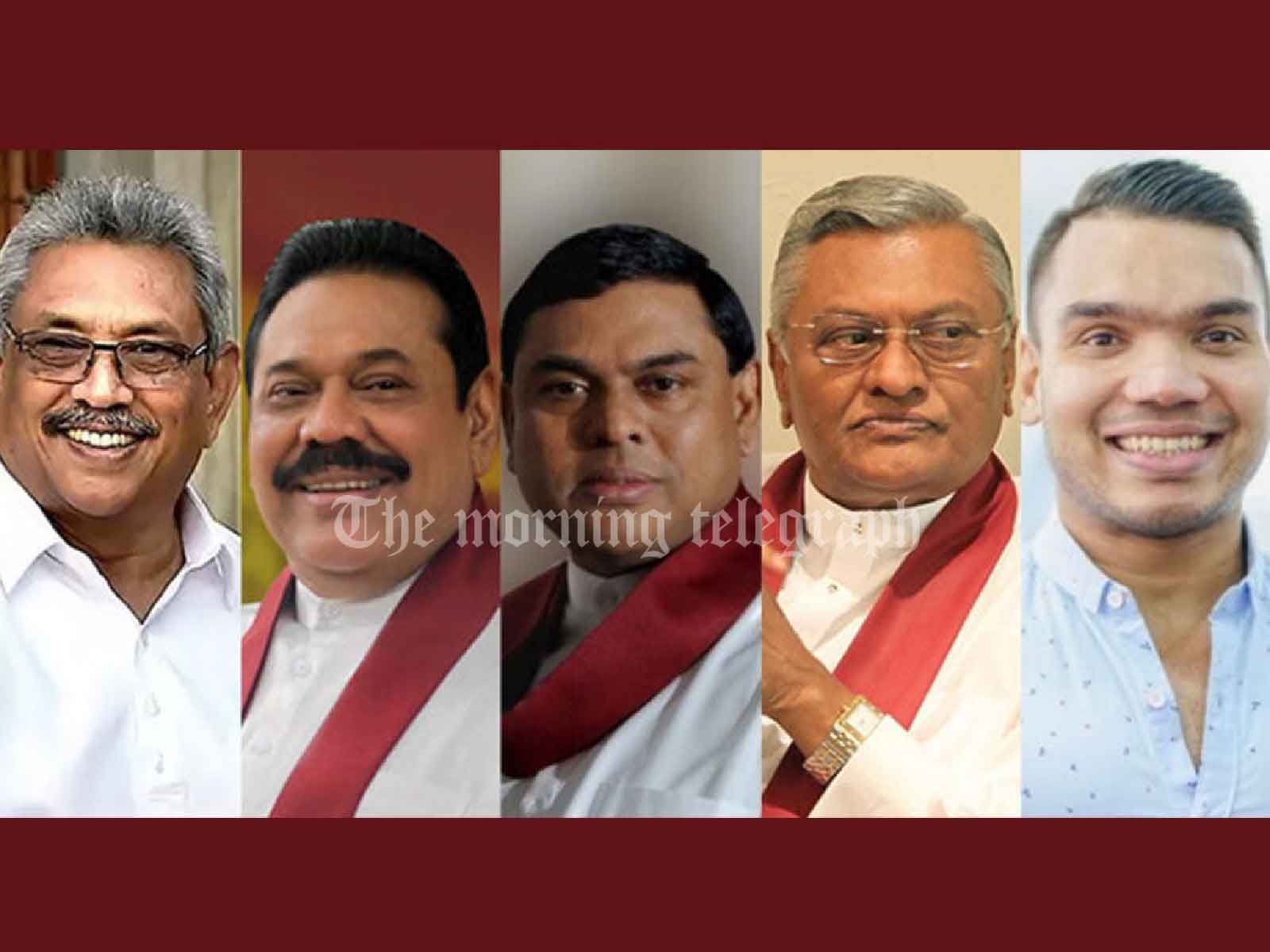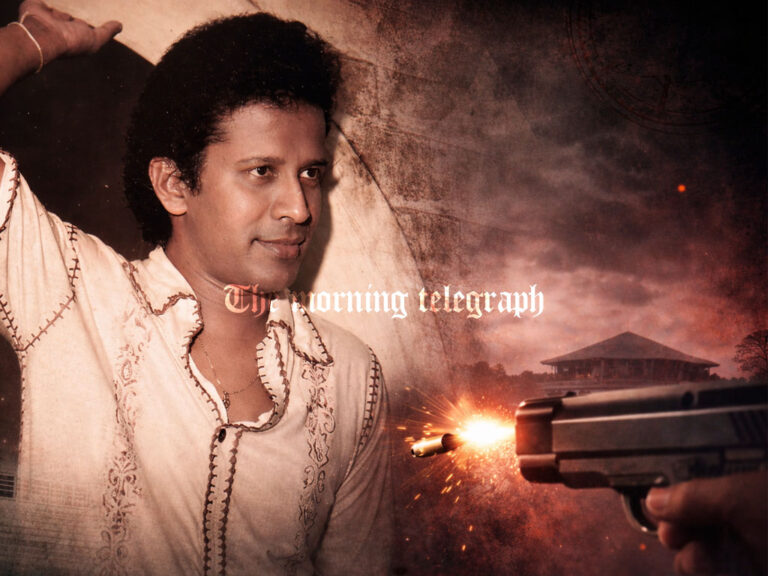
For several years, the Rajapaksa brothers, Mahinda, Gotabaya, Basil, and Chamal dominated Sri Lankan politics, holding the reins of power and shaping the country’s future. The Rajapaksa family at one point chose to have almost 80% of the country’s budget under the several ministries under their control. However, the recent political upheaval has forced these once-mighty figures into the shadows, as they grapple with the loss of public support and the potential for legal repercussions. For the first time in nearly five decades, the Rajapaksa dynasty is facing political extinction, with none of the brothers making it to parliament a dramatic fall from grace.
A Historic Defeat for the Rajapaksas
Mahinda Rajapaksa, the former President and long-time face of the family, had been a staple of Sri Lankan politics for nearly five decades. His brothers Gotabaya, Basil, and Chamal also held significant positions of power in recent years. The family played a central role in the Sri Lankan Civil War, with Mahinda seen as the leader who brought the conflict to a close, securing his legacy for years. However, their influence began to wane amid growing discontent over corruption, nepotism, and their mishandling of the country’s economic crisis.
In a historic election in September 2024, the Rajapaksa family was dealt a devastating blow. The rise of the National People’s Party (NPP) and its candidate, Anura Kumara Dissanayake, marked a turning point in the nation’s political landscape. Dissanayake’s victory over the once-dominant ruling parties, the United National Party (UNP) and the Sri Lanka Freedom Party (SLFP) or its breakaways, represented a public cry for change. For the first time in 76 years since independence, Sri Lanka elected a leader who wasn’t part of the traditional powerhouses, nor tied to any political family dynasty.
The new President’s success came as a direct result of the people’s dissatisfaction with the Rajapaksas’ handling of the economy. Under their leadership, the country had experienced one of the worst economic crises in its history, characterized by spiraling inflation, severe food and fuel shortages, and a collapsing currency, all taking place under Gotabaya Rajapaksa Presidential reign that was eventually curtailed. Rural and middle-class citizens, who had borne the brunt of the crisis, turned to the NPP, whose party symbol, a compass, guided them toward what they hoped would be a more just and prosperous future.
The Collapse of a Dynasty
The Rajapaksa brothers have virtually gone into hiding, with the family avoiding the public eye as they face growing embarrassment over their failure to secure even a single seat in parliament. Mahinda’s son, Namal Rajapaksa, once seen as the heir apparent to the family’s political legacy, also suffered a major blow. After losing public support, he opted for a spot on the National List, a mechanism to get elected without facing the direct vote, but his popularity has significantly dwindled, signaling the decline of the entire Rajapaksa political brand.
This fall from grace is particularly striking for a family that once controlled nearly every major institution in Sri Lanka. From the presidency to key ministries and military appointments, the Rajapaksas wielded considerable influence. But their era seems to have come to an abrupt end, with their legacy tainted by allegations of widespread corruption, mismanagement, and nepotism.
The Dawn of a New Era
Since President Anura Kumara Dissanayake took office, his administration has prioritized judicial reform and launched investigations into those accused of corruption during the previous regimes. Former ministers and high-ranking officials linked to the Rajapaksa government are now facing inquiries for their involvement in various scandals that devastated the country’s economy.
With Sri Lanka’s General Elections approaching, the momentum is clearly in favor of the NPP. The “floating votes”, a crucial demographic in Sri Lankan elections are reportedly aligning themselves with the NPP, further indicating the public’s desire for change. Dissanayake’s anti-corruption platform and focus on economic recovery have resonated with voters, leaving former political heavyweights like Lakshman Kiriella, Bandula Gunawardena, and other established figures scrambling for relevance as retirement looms.
A Resounding Message from the People
The resounding message from the Sri Lankan electorate is clear: the era of political dynasties is over. For too long, the people endured the consequences of governance driven by personal gain and entrenched political families. As the Rajapaksa brothers seek refuge from the public eye, the people have pinned their hopes on new leadership, one that they believe will restore accountability, transparency, and prosperity to the nation.
The Rajapaksa dynasty, once a symbol of power and victory, now faces the ignominy of political irrelevance, with its former leaders running for cover, uncertain of their future in a rapidly shifting political landscape. The political winds in Sri Lanka have shifted decisively, with the NPP and President Dissanayake set to redefine the country’s future.




